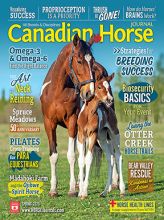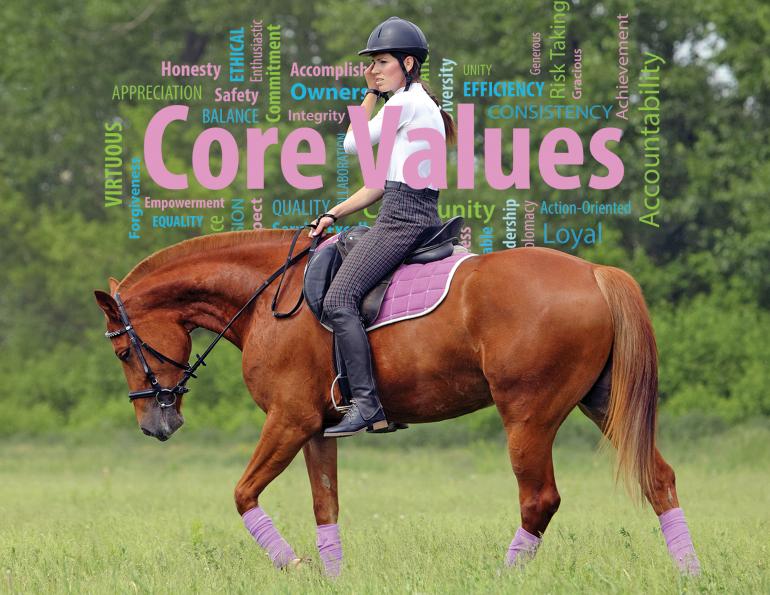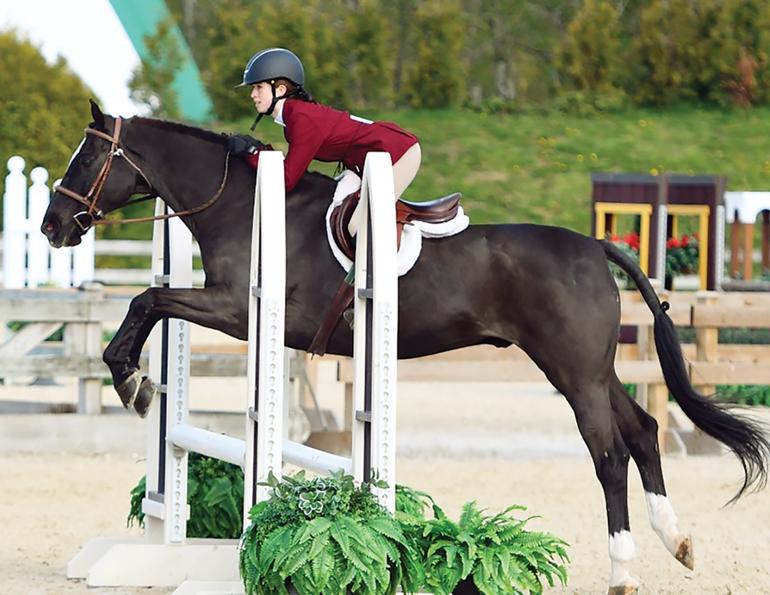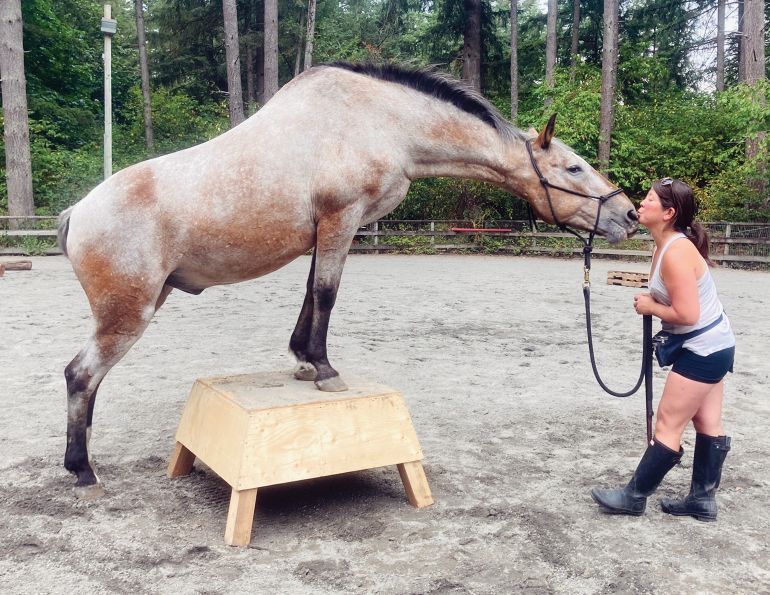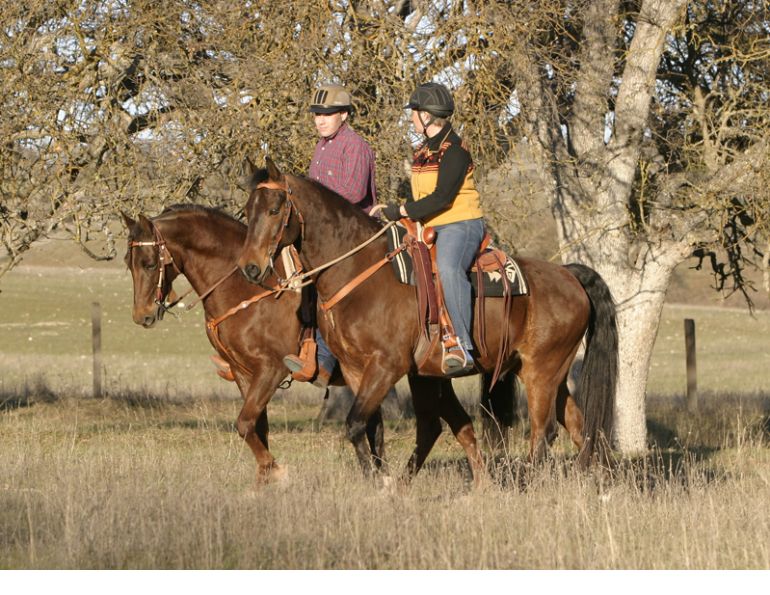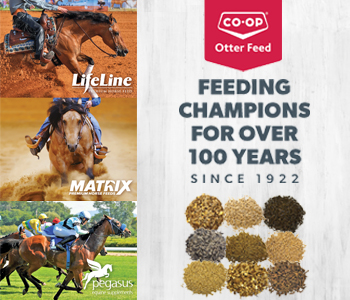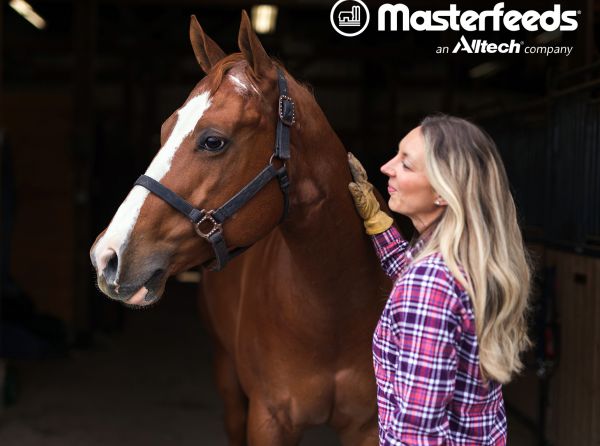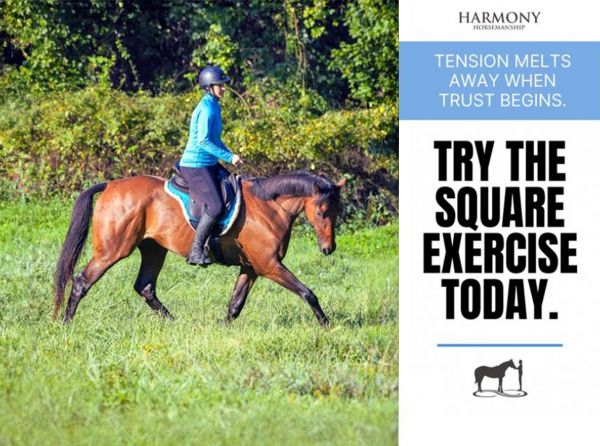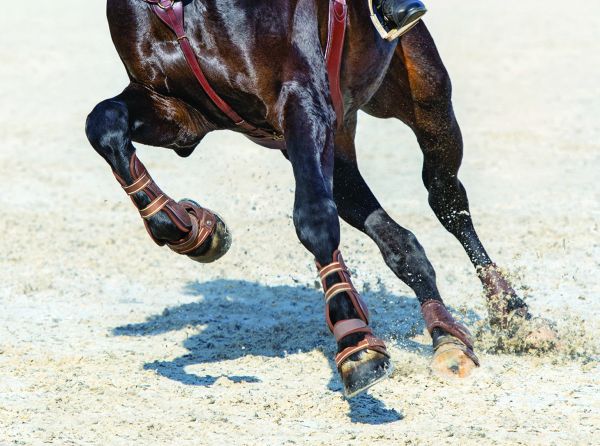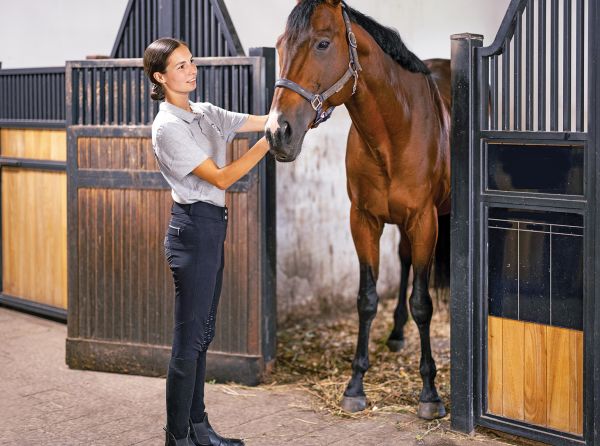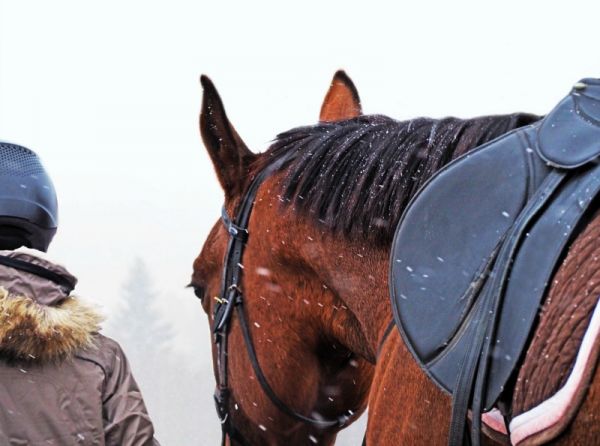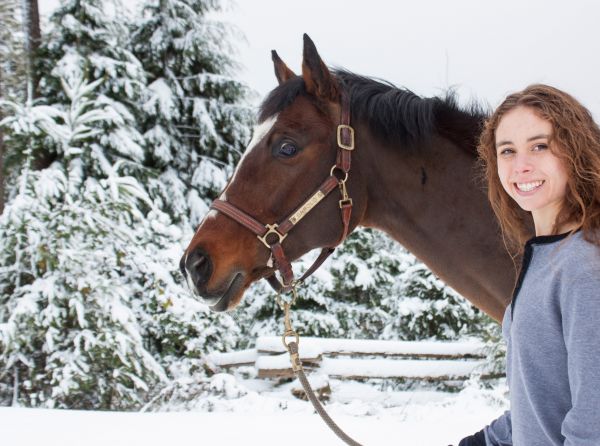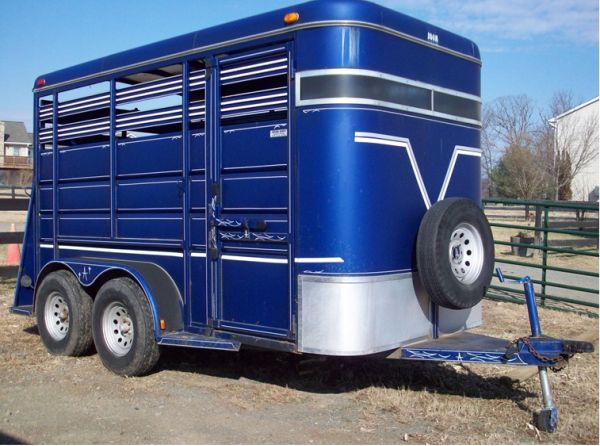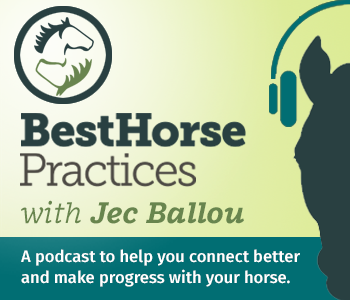What are your personal values and why do they matter?
By Annika McGivern
Have you ever temporarily fallen out of love with riding? In my work as an equestrian mental performance coach, many clients share with me that they’ve lost the joy that riding used to give them. Sometimes the challenges of your sport can feel like they’re outnumbering the positives and equestrians can find themselves wondering: Why do I do this?
Let’s explore values through the experience of one of my clients, Rachel. Rachel came to me grappling with motivation and direction. She felt worn down by the constant struggle of her sport of three-day-eventing and was not sure if she should continue. In her own words, riding just wasn’t fun anymore.
If you can relate to feeling disenchanted with equestrian sport, don’t worry; this is an opportunity to reflect on and clarify why you are choosing to engage with this sport and what you are getting from that choice. Through understanding her own values and aligning them with her goals in sport, Rachel was able to reconnect with her love for three-day-eventing, navigate difficult decisions with greater clarity, and improve her own progress in the saddle.
What Are Values?
Values represent what is most important to us in terms of how we live and show up in our lives, how we treat other people, and how other people treat us. Values are principals that sit at the core of human decision-making, motivation, and purpose. We all have values, whether we are specifically aware of them or not, and these values are constantly influencing our decisions, where and how we spend our time and money, and the way we see the world. A few examples of values are loyalty, honesty, adventure, connection, challenge, learning, progress, discipline, and joy. When you become aware of your values, they cease to be a force guiding you from the background of your mind and become a tool that you can use consciously to ground yourself, make informed and confident decisions, and connect back to the joy of your sport. High performing individuals tend to be aware of their values and know how to use this awareness as a tool to fuel performance and well-being.

When we understand our values, we can use them as tools to help us make confident decisions and rediscover the pleasure of riding. Photo: Shutterstock/Hypno1000
The first step was for Rachel to discover her personal values by completing this exercise:
Discover Your Personal Values
1. Ask yourself these questions:
- What is most important to me?
- What principles have influenced my decisions so far in life?
- What characteristics guide how I want to show up and live my life?
- Where in my life do I notice the most conflict?
Conflict is generated when we don’t live to our own values, or we feel someone else isn’t honouring our values. For example, if you feel extremely uncomfortable or guilty when you aren’t truthful with someone, or it deeply bothers you when someone isn’t truthful with you, then it’s likely that honesty is on your list.
2. Write down a list of 10 to 20 values that come to mind. If you’re feeling stuck, Google search “values” for some inspiration.
3. Read over your list and consider if anything is missing. The list should feel like a good representation of who you are and what is deeply important to you. When you’re ready, rewrite your values in a separate list, this time in order of importance based on where you are at in your life right now.
The top five values from Rachel’s final list were: achievement, friendship, discipline, fairness, and honesty. Looking at her list, Rachel shared that she felt she wasn’t achieving her goals and finding success in the sport anymore. She recognised how important achievement was to her, and that this was at the heart of her current frustration. When I asked her to explain exactly what achievement meant to her, she replied with the following: being better than the competition, winning, proving others wrong, making it look easy, and being the best out there.
Related: The Two Faces of Perfectionism in Horse Riding
Choosing High Performance Values
We can be driven to succeed when we value being better than those around us, winning, proving others wrong, making it look easy, and/or being the best, but interestingly these types of values don’t support high-performance in the way we might think. They can also contribute to higher stress and ultimately feeling disconnected from the joy of riding.
We can choose to align ourselves with values that support high-performance and finding joy. When we choose a value for ourselves, we are making a declaration that this is what’s most important, and this is what drives me. This can involve changing the way we think about something. In Rachel’s case, her challenge was to reimagine what achievement meant to her.
Here are some examples of high-performance values and why they matter.
1. Choose to value learning instead of winning.
This means deciding that the most important thing is learning and improving your skill and knowledge every time you get in the saddle, rather than achieving a specific outcome. Valuing learning over winning helps us focus in on the task at hand when we are riding and to find the lesson in mistakes and setbacks. It encourages us to stay connected to the bigger picture of our progress in the sport, instead of getting overly focused on short-term outcomes and results.
2. Choose to value struggle and challenge instead of ease.
Sometimes we mistakenly associate talent and ability with ease. We assume if we are good enough, it should feel easy, or we should be able to make it look easy. When we value ease, we are more concerned with things looking a certain way or feeling a certain way than we are with real growth and progress. Talent and ability are created through struggle. We must be willing to struggle to grow our skill. Choosing to value struggle takes things one step further. It’s a decision to not just tolerate struggle, but to actively seek it out by pushing outside of your comfort zone, taking on challenges, and enjoying the process of developing new skills. It’s saying I don’t need this to be easy, in fact, I want this to be difficult because I’m here to be challenged, to find out what I can do, and to grow in all the ways I can.
3. Choose to value consistent improvement instead of being the best.
Being the best implies a focus on being better than others as a measurement of success, but what does it really mean to be the best? Is the best rider the one who goes clear but kicks and whips their horse around the course, or the rider who rides more compassionately yet has a rail? When we get caught up in being the best, we become distracted by our ego, the part of us that fears making mistakes and the opinions of others, both of which are outside of our control. Valuing consistent improvement means letting go of needing to control the outcome or others’ opinions and instead saying the most important thing is to just keep getting better. This shifts our focus back to the things we do control, such as our attitude and reactions.

Values such as winning, being better than others, and proving others wrong can contribute to higher stress and feeling as if the challenges outweigh the positives. Rather than valuing specific short-term or ego-driven outcomes, choose bigger-picture values such as learning, overcoming challenges, and steadilyimproving. Photo: Nicole Ciscato
Through our conversation, Rachel recognised that her experience of achievement had become warped by the pressure to win. Although she and her horse had not been placing the way she had hoped, progress, learning, and growth were happening regardless. Through realigning herself to the three high-performance values described above, she discovered that her true source of joy was not winning, but the process of developing as a team with her horse and steadily growing her skill as a rider.
We can choose the values we want to live our lives by, both as individuals and as a team or group. When we are feeling lost or unsure about our next steps, reconnecting with our values helps us to find and navigate the path forward. Have a look over your list of values and ask yourself how they align with equestrian sport, and what they tell you about what’s truly important to you. Remember, once we are aware of our values we can choose new ones and/or align ourselves with the ones we really need to reconnect to the joy of our sport.
As often happens, I heard from Rachel a few months later. Not only was she enjoying riding again, she had also placed in the top three at her last event. Through choosing to value learning, struggle, challenge, and constant improvement she had been able to really focus on and move through the training challenge she had been having with her horse. Such is the interesting magic of clarifying what is truly important to us and rediscovering the joy in what we do, which often leads to better results in competition as an extra bonus.
Related: Podcast: Rider Fear
Related: Practice Emotional Resistance for a Better Horse Ride
To read more by Annika McGivern on this site, click here.
Main Photo: Talent and ability are created when we actively seek out struggle and push beyond our comfort zone. Credit: Photo-Shutterstock/HorsemenIllistration; Illustration-Dreamstime/Leese01


